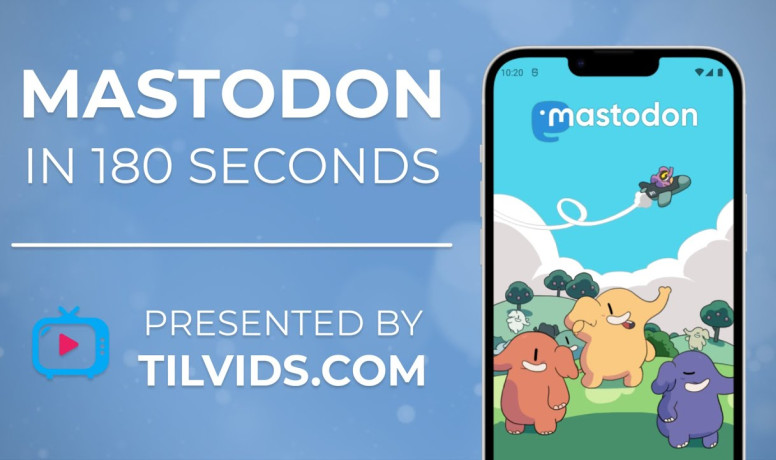SURF and Universities of the Netherlands are jointly exploring Mastodon as an open source platform for education and research in the Netherlands. In which public values are paramount. Join us and discover how students, researchers, staff and institutions can experiment with Mastodon in a low-threshold way.
How does Mastodon work?
At first glance, Mastodon looks a lot like Twitter. But there are important differences that make it a more reliable and more constructive alternative. Mastodon, for instance, cannot be ruled by one organisation let alone one person. So what is Mastodon like?
Most social media define what is and is not allowed
Twitter (as well as many other platforms) is one platform, one environment where all users and messages are stored. That platform is owned by one company, so users are dependent on that company and its (commercial) business models: Twitter determines what is and is not allowed, and also largely determines with algorithms what messages users get to see in their timeline. Last but not least, Twitter determines what data it collects about its users.
Mastodon works differently: decentralised
Mastodon works differently. The Mastodon software is open source and consists of a decentralised network of Mastodon servers that are interconnected. Anyone can set up their own Mastodon server; there are now thousands of them worldwide. Users create an account with one of the servers and can read and respond to each other's messages (called toots). They can follow users on their own server, but also users connected to other servers in the network.
You can compare it to email: whether you work with Gmail, Apple-mail or your employer's mail system, you need an account on one of those systems but you can then exchange emails with anyone. Even if the other person uses a different mail system.
Nobody owns Mastodon
Because Mastodon's source code is public, anyone can set up a Mastodon server (aka: Mastodon instance) and connect it to the existing network of Mastodon servers. So there is no one who can take control of Mastodon as a whole. Each server (community) determines its own rules of behaviour that apply to that particular server and can monitor them. And can therefore also decide to break connections to servers that structurally violate those rules of behaviour.
No algorithms that determine your timeline
Mastodon also gives you much more freedom in what you get to see than commercial platforms. There is no algorithm pushing ads or posts from other users in your timeline because they make money or generate more clicks. With Mastodon, you can set your timeline to see toots from users on 'your' server or from users on servers connected to 'your' server. But no posts will appear that you haven't asked for yourself, except when someone you follow forwards (boosts) a post from someone else.
Getting started
- Want to get started yourself with Mastodon on the SURF server? Then go directly to social.edu.nl
- Need help getting started with Mastodon? Read these tutorials, including how to create an account. This works differently from other Mastodon servers!

